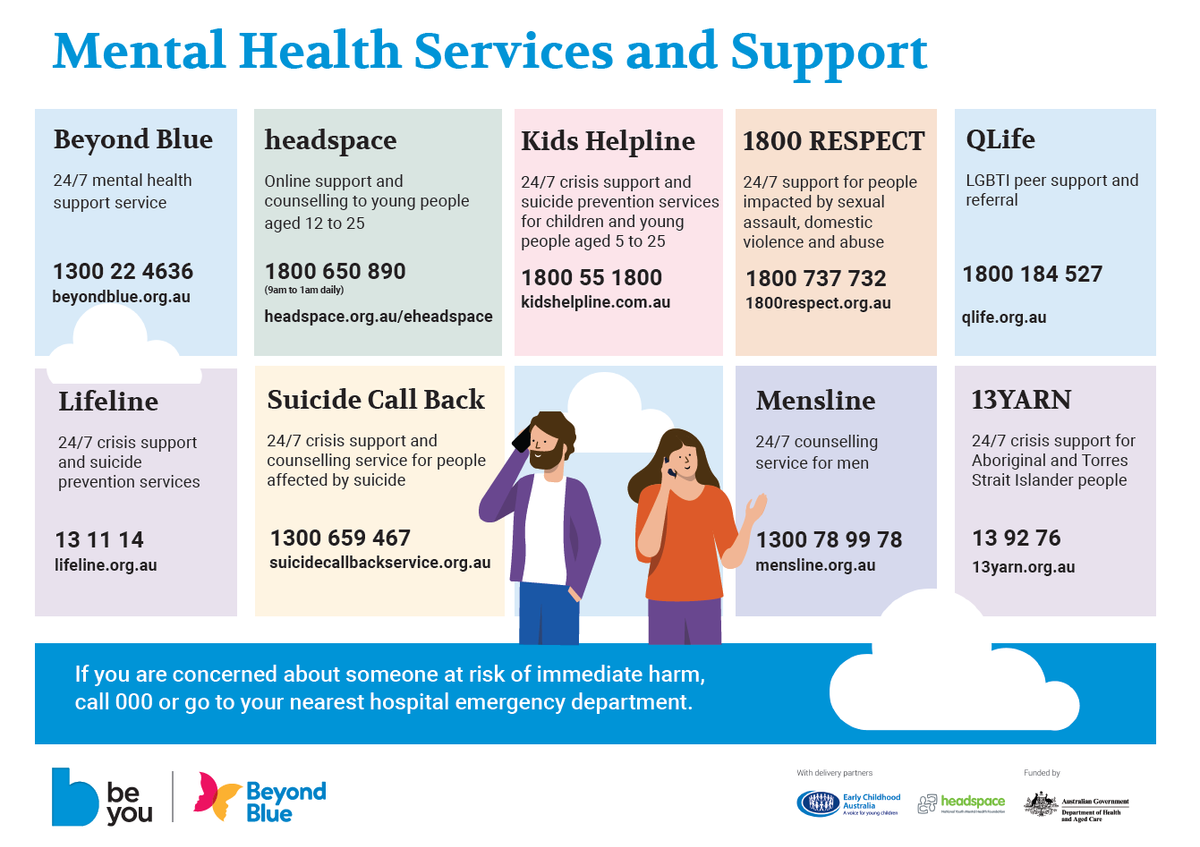Doctor Michael Carr-Greg
Mrs Henwood attended a seminar by Dr Michael Carr-Gregg about The 10 Most Important Things to Tell Your Children.
She wanted to share some of her notes with you in case they help at all
Interesting: Teenage age is now deemed 10-24 years old and Average age children leave home in 10 years time is 32 y.o
Resources:
- Follow Dr Julie Smith UK psychologist on Facebook or tiktok
- FREE The brave program https://brave4you.psy.uq.edu.au/preschool-program/ - great program for kids experiencing some form of worry, anxiety or fear. Designed to be a self-help intervention and is not monitored by professionals.
- FREE Three good things app (shows in App store as Good Things gratitude journal- yellow app with a big 3 on it). Do unpaid version. Focus on 3 positive things each day as a family or with your child.
IMPORTANT THINGS TO SAY TO YOUR CHILDREN
- You are loved unconditionally. Your worth is not tied to your achievements or failures. Say they are loved, safe, valued and listened to. Properly listen. ‘Help me understand about that.’ Then feedback to them what they’ve said- ‘so what you’re saying is...’ Say you love them at least 5 times per day and most importantly before bed.
- Embrace your uniqueness. Your individuality is your strength, not a weakness to be hidden. Autism is a super power. Children to know what their character strengths are. Do VIAME character survey with your child (https://www.viacharacter.org/account/register)
- Failure is a stepping stone to success. Learn from your mistakes and keep moving foreword. FAIL= First Attempt In Learning. About reframing unhelpful thoughts. ‘What can we learn from the answers you didn’t get right?’ failure = a chance to learn. Anxiety = most common psychological program
- Kindness and empathy matter. Treat others with respect and compassion, regardless of their differences. How we react to situations teaches our children how to react to others.
- Your mental health is as important as your physical health. It’s okay to ask for help when you need it - for yourself or your child. Mental health continuum- some days good, some days not. Duration and intensity matter. If anxiety level is disproportionate to someone of their age, most of the time feels miserable, this would be worrying and require early intervention.
- Develop critical thinking skills. Question information, seek diverse perspectives, and form your own opinions. Need a questioning mindset. Ask their opinion. Talk about everyone’s different perspectives.
- Embrace technology responsibly. Use it as a tool for learning and growth, but maintain a healthy balance. He helped implement nationwide ban on phones in all schools. Sweden have banned social media until age of 14. Michael says at least 13 y.o. (while in primary- more manageable). Play based childhood has been replaced by screen based childhood. We need to be their prefrontal cortex by evaluating risk etc.
- If you can’t change something, change the way you think about it. Get them to focus on the silver lining, the positive etc.
- Don’t allow kids to avoid the things that make them anxious. Teach them to avoid avoidance. Doing what makes us feel uncomfortable is how we make progress. About building resilience. Reframe. What went well about your day and why? (3 good things app)
- Stay curious and keep learning, embrace lifelong learning and personal development. The more you know, the more opportunities you’ll have.
R U OK? Walkathon
The staff at CSPS are once again taking part in the R U OK? Walk-a-thon. Starting on Thursday 12 September which is R U OK? Day staff will have a month to walk 100km to raise awareness around children’s mental health. If you would like to donate or support a staff member you can do so at the following link, https://join.ruok.org.au/fundraiser/CSPSwalk/csps-walk-4-ruok-2024. Last year we met our goal of $1000 and are hoping to raise $1500.
Term 3 Lunch Clubs.
Chidren from all year levels had fun playing a variety of board games including Twister, Guess Who, Snakes and Ladders, Jenga and Connect 4.
Board games can be fantastic for developing social skills. They offer opportunities for teamwork, strategic thinking, and communication, all while providing a fun environment for students to interact. Whether it's negotiating, problem-solving, or just enjoying each other's company, games help build connections and foster important social abilities.
We also had Gardening Club which gave students a chance to socialize in a different setting and get their hands dirty while learning about plants and gardening.
We had Dance Club which provided students with an opportunity to express themselves creatively, stay active, and build teamwork skills.


